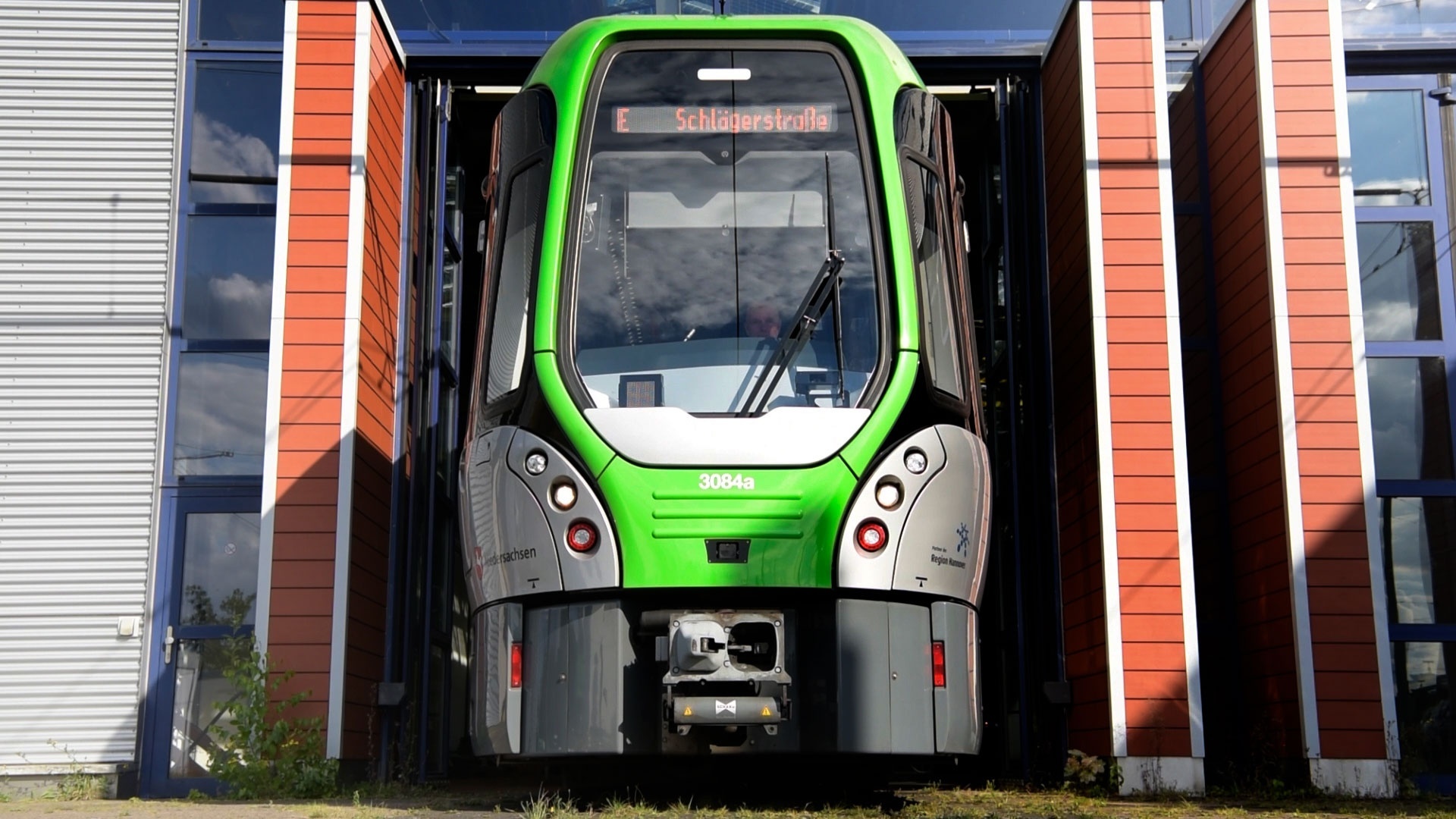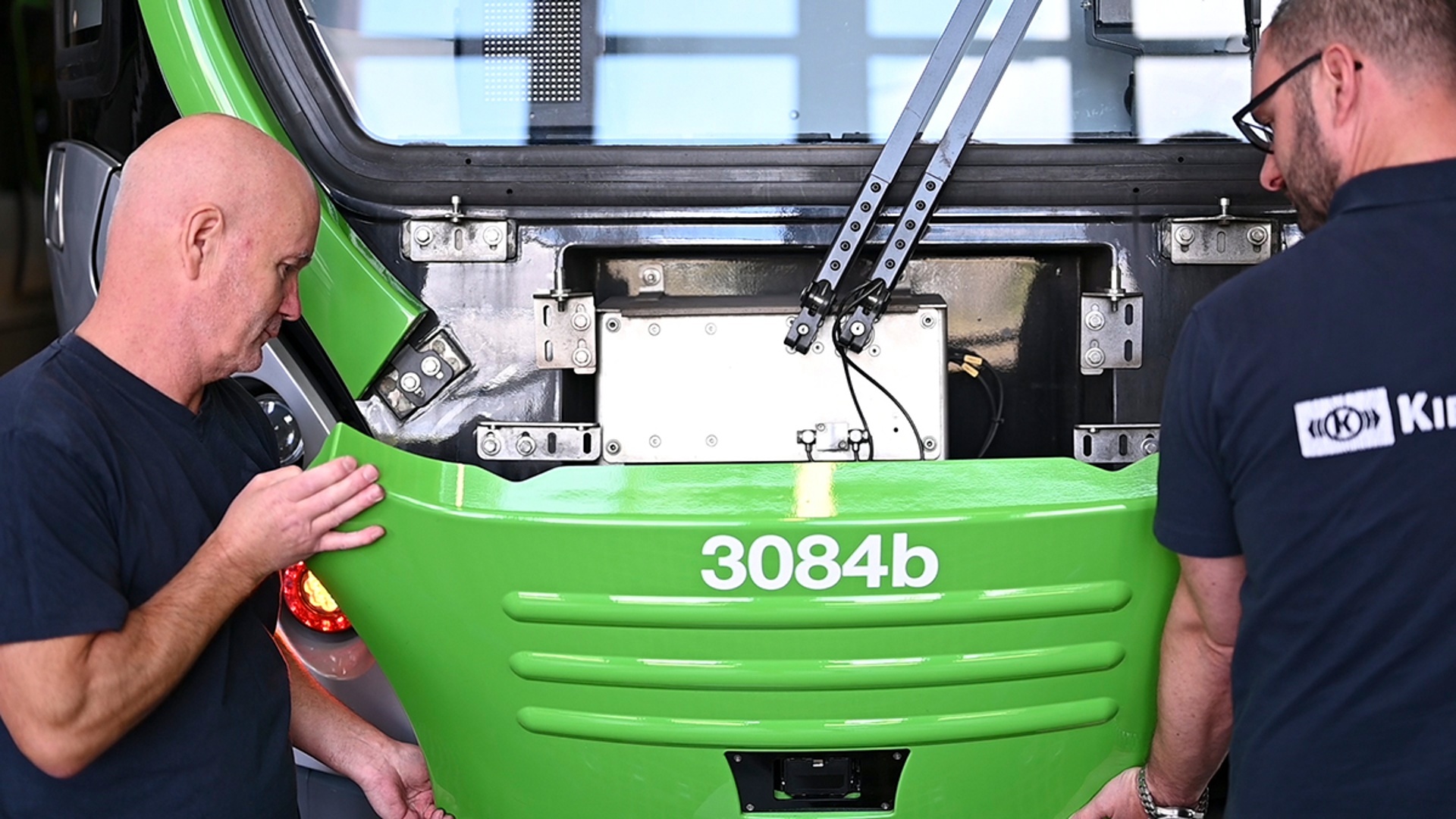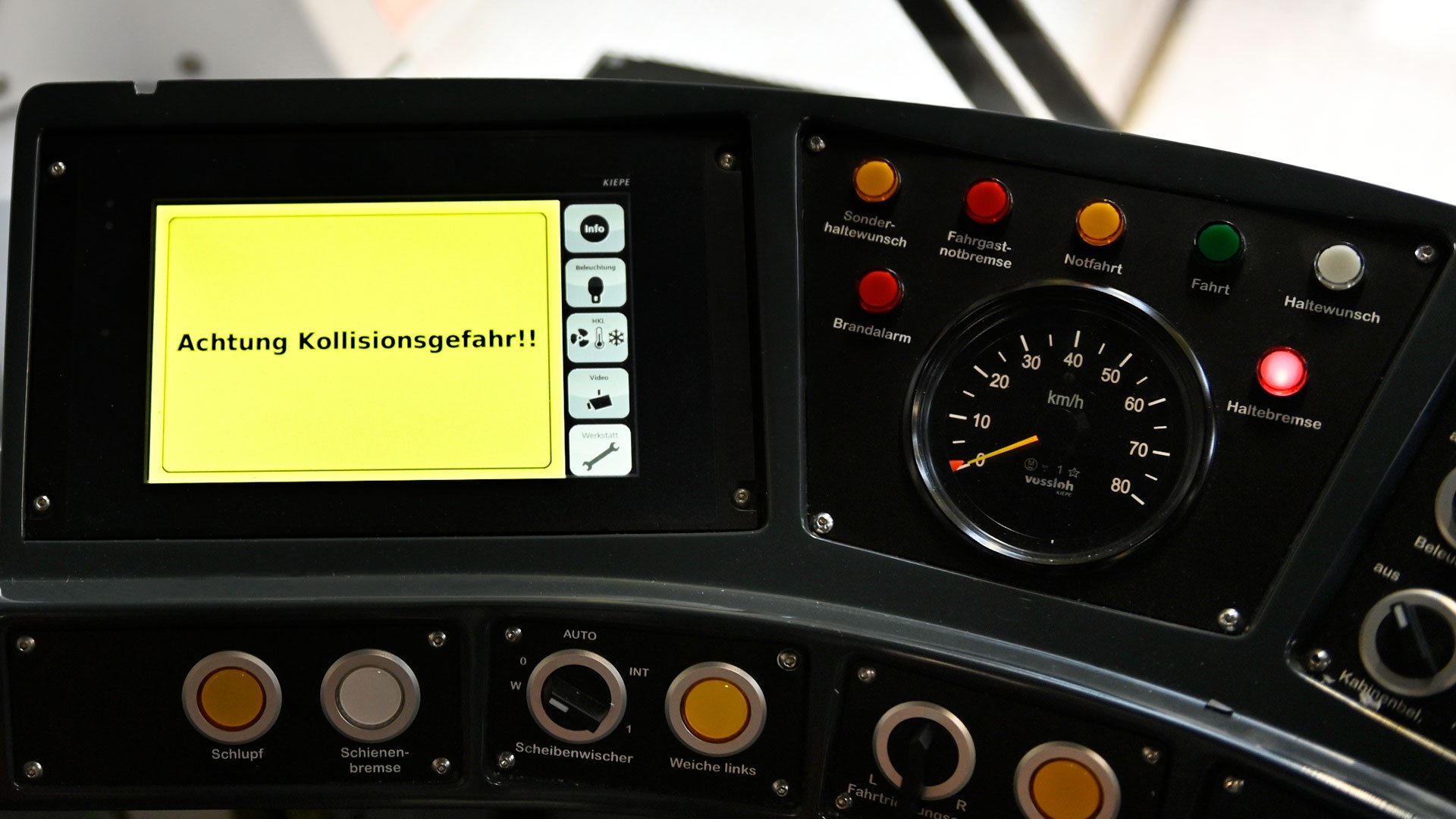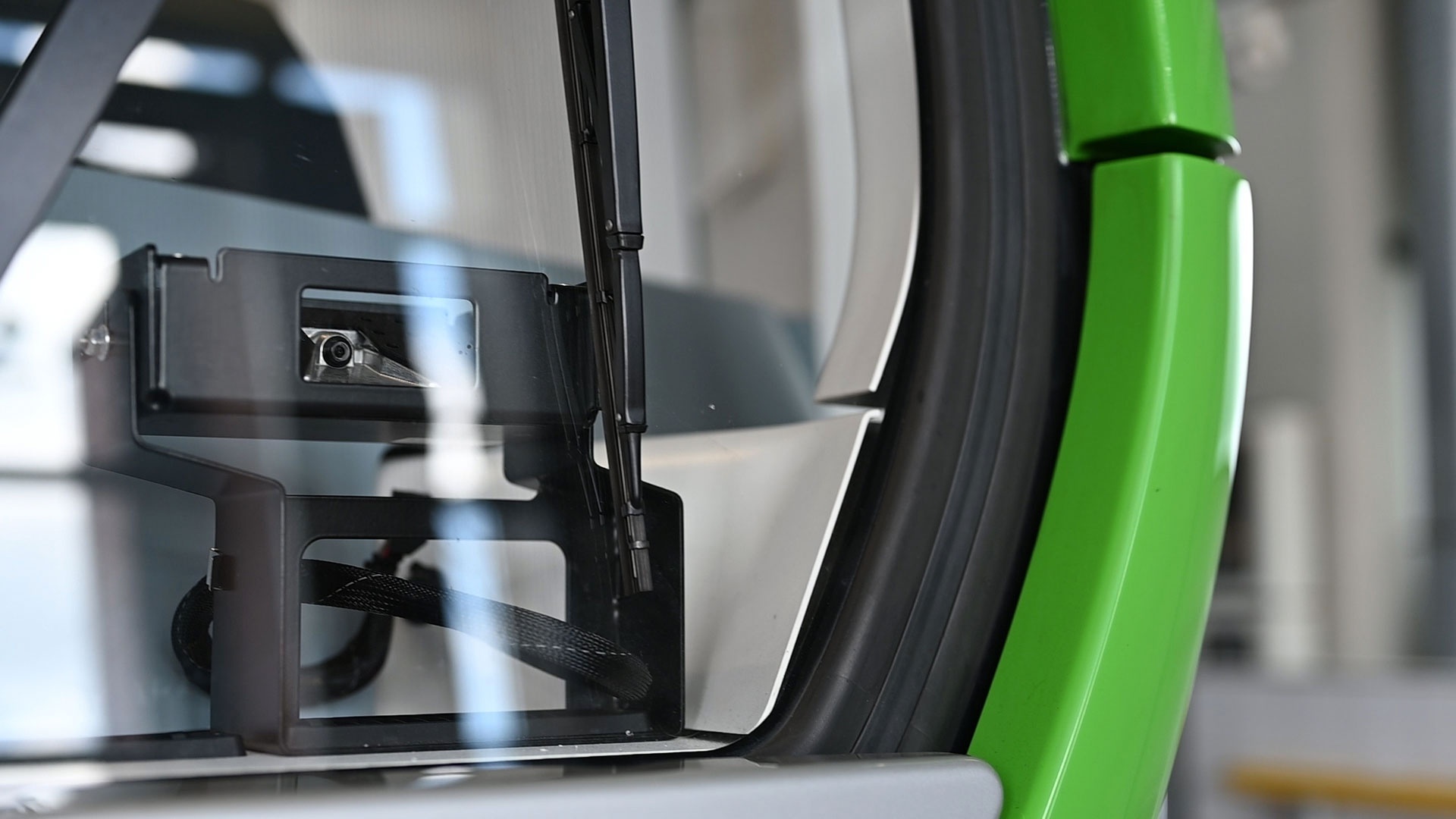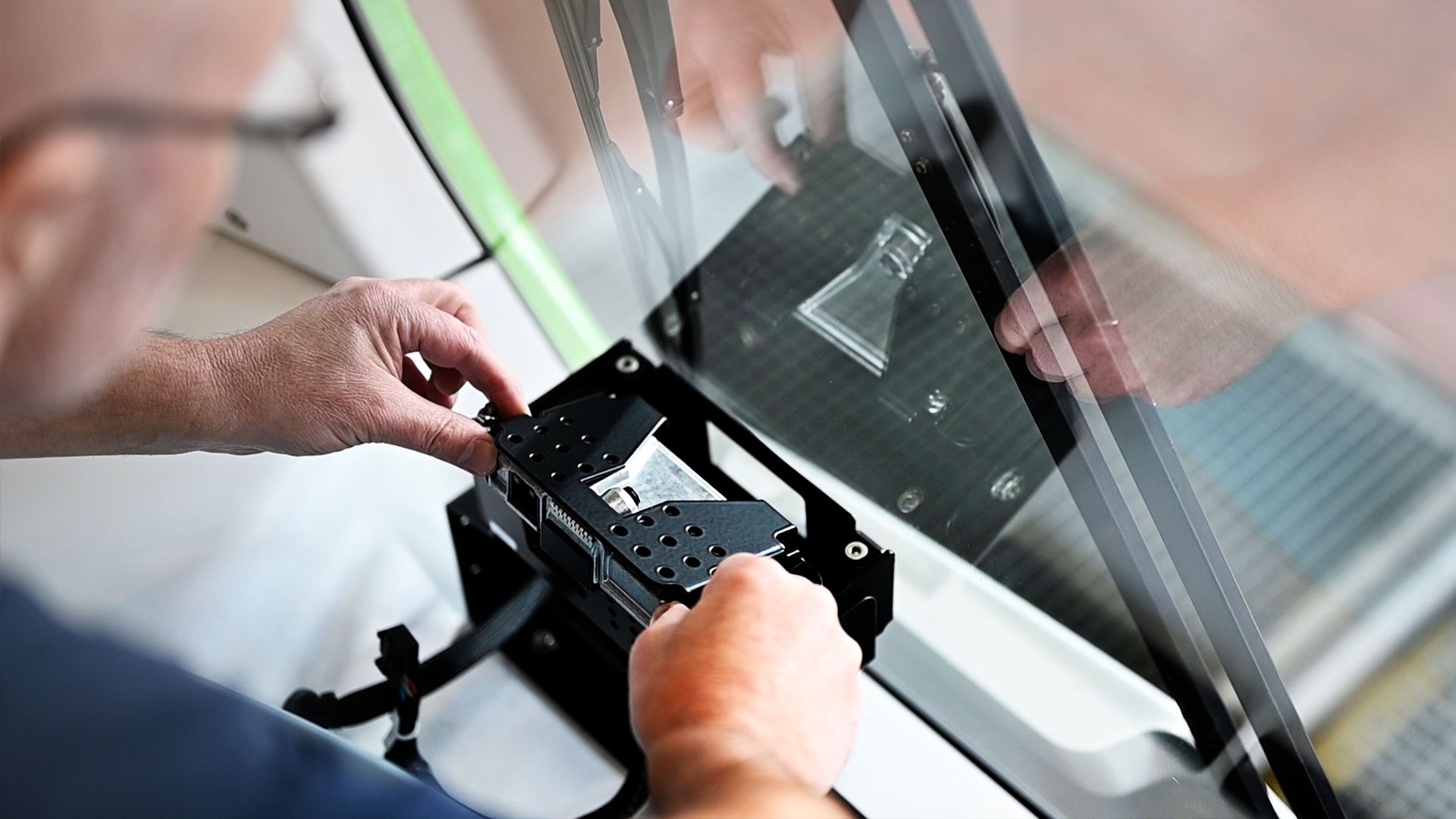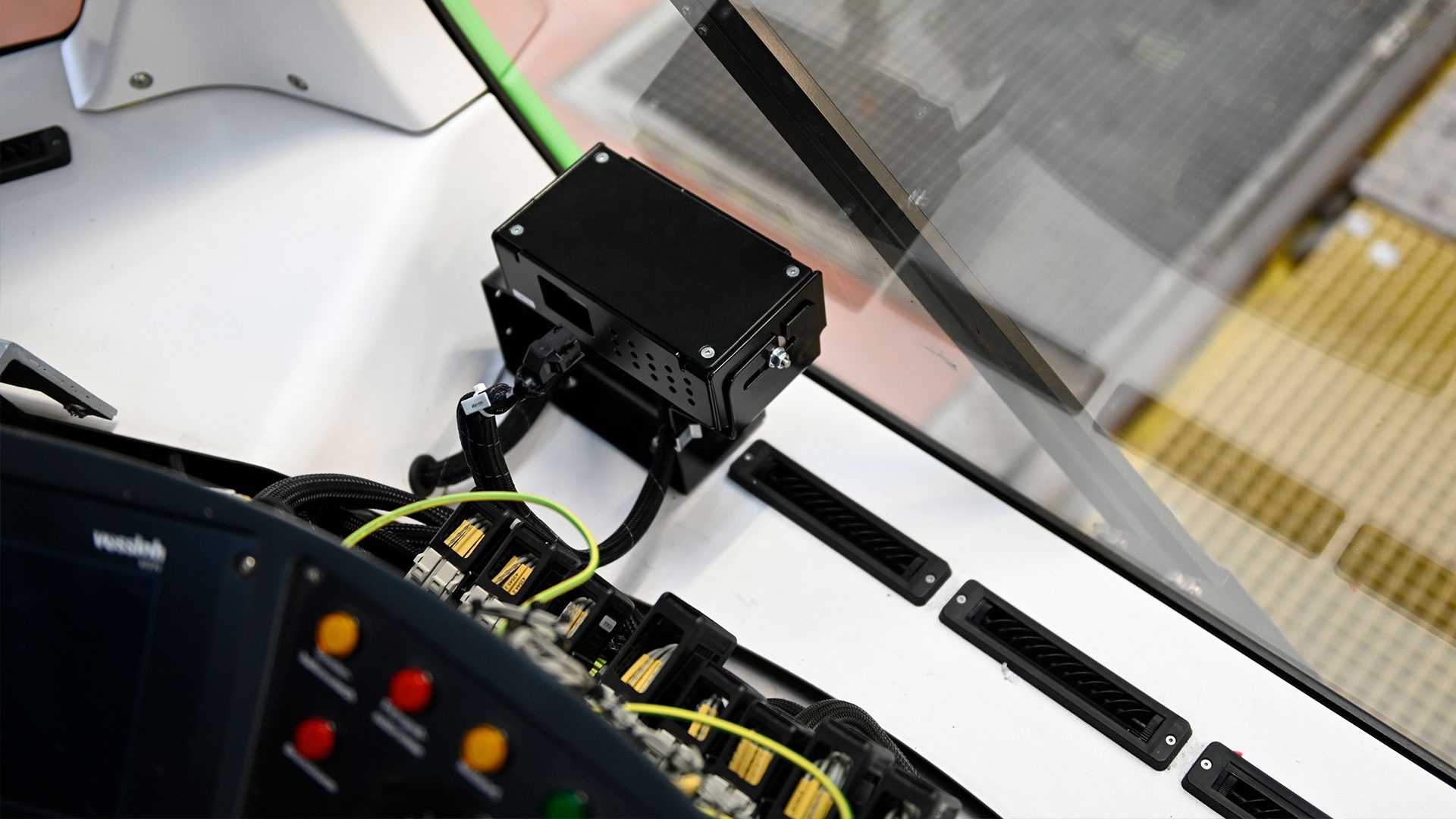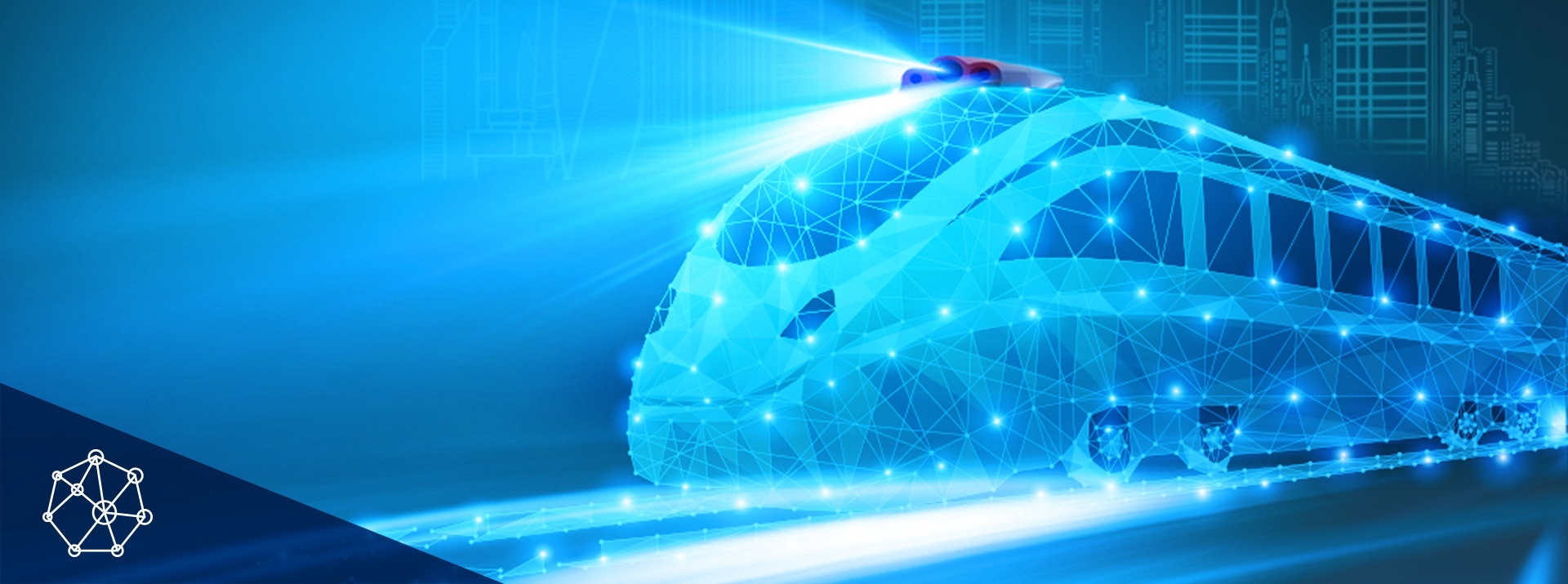
In an ideal world, drivers would enjoy a perfectly clear view that allows them to concentrate fully on driving the vehicle. Unfortunately, things are very different in the real world, where their view can be impaired by fog, snow and rain. The risk of drivers being distracted by the unpredictable behavior of people and animals in the vicinity of the vehicle poses a further hazard.
your Contact
40599 Düsseldorf
Deutschland - Germany
robert.kleinschmidt@knorr-bremse.com

Head-On Collision Avoidance Systems: Environment Observation Technology Lends Light Rail Vehicle Drivers a Helping Hand
Sensor systems installed on the front of light rail vehicles can detect objects in the vehicle’s path, such as people and cars. The system evaluates the situation and warns the driver if a collision is imminent. By changing the configuration of the sensors, the assistance systems can be adapted to local conditions and traffic patterns (e.g. different countries, topographies and driving cultures). Since rail vehicle drivers must also drive by sight in a road traffic environment, they have full responsibility for controlling the vehicle at all times. If a head-on collision avoidance system triggers automatic braking, the driver can always increase the degree of braking or completely override the braking command.
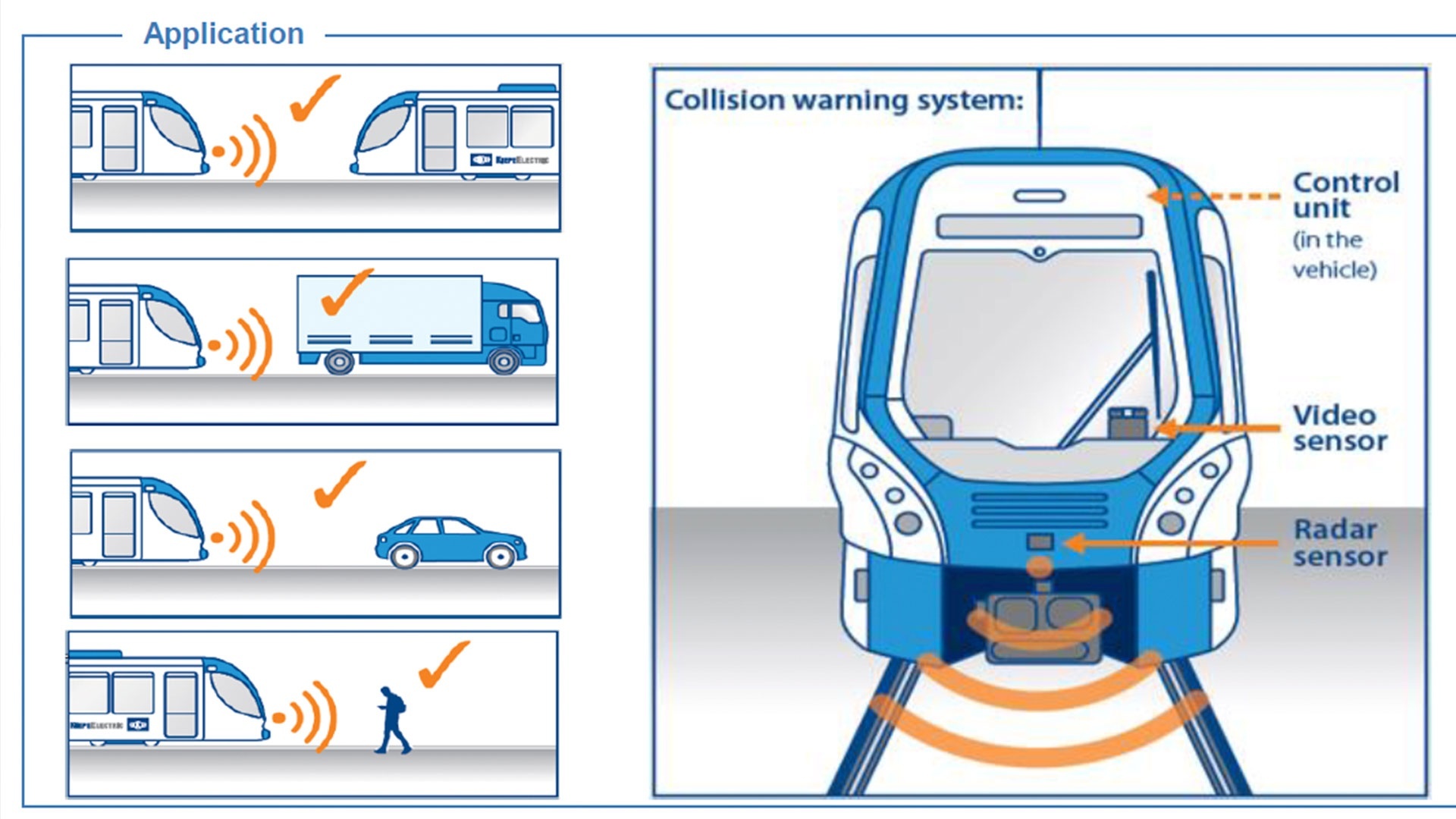
For light rail vehicles, Kiepe Electric offers such an assistance system in two configurations, each including vehicle integration and commissioning:
Type 1:
System with the option of activating a visual and/or acoustic warning.
Type 2:
System with the possibility to control an optical and/or acoustic warning and to trigger a brake signal.
Kiepe Electric offers these assistance systems – including full vehicle integration and commissioning – for light rail vehicles. The solutions are based on Bosch systems consisting of a camera and radar sensor, in turn derived from systems used in the automotive industry.
DRIVER ASSISTANCE FOR THE LIGHT RAIL VEHICLE HANNOVER
